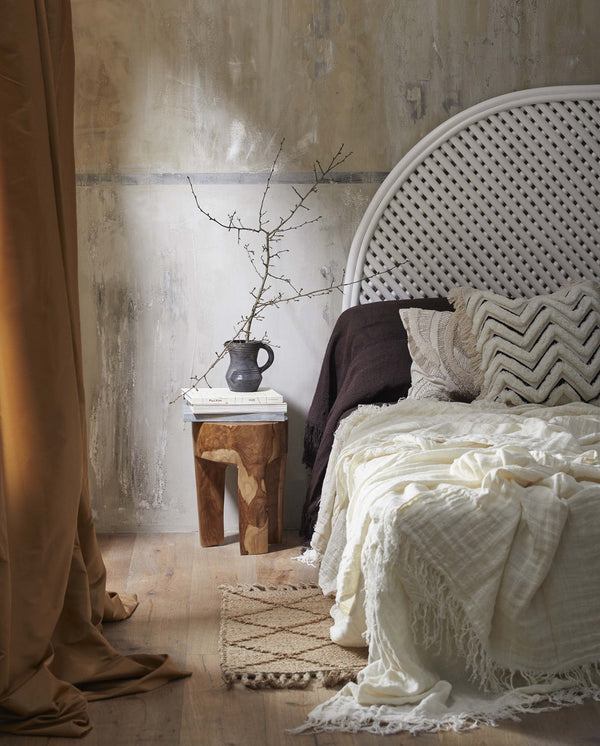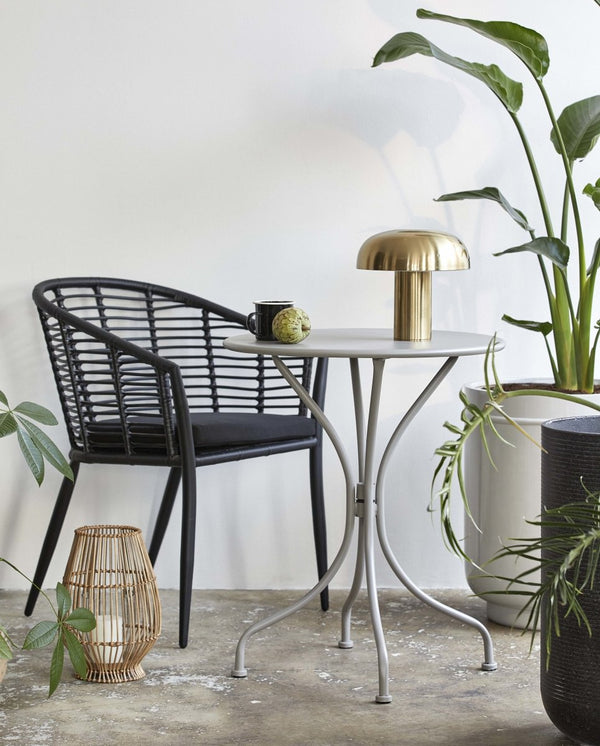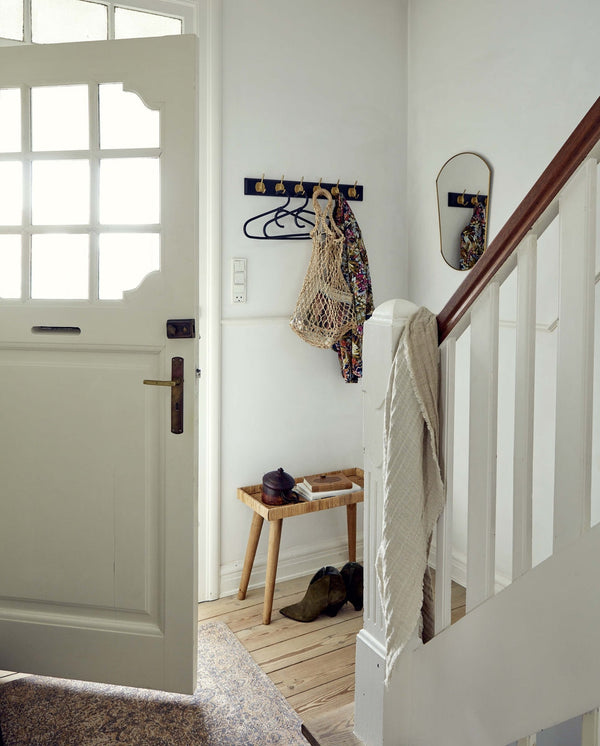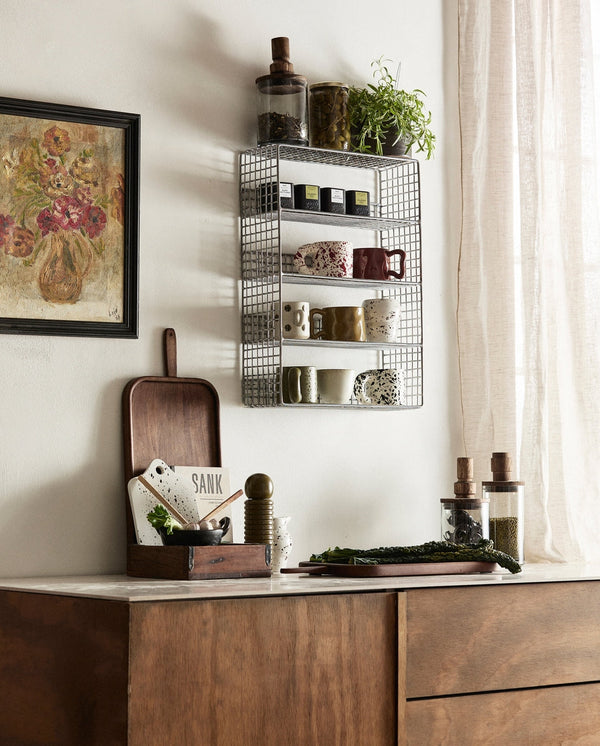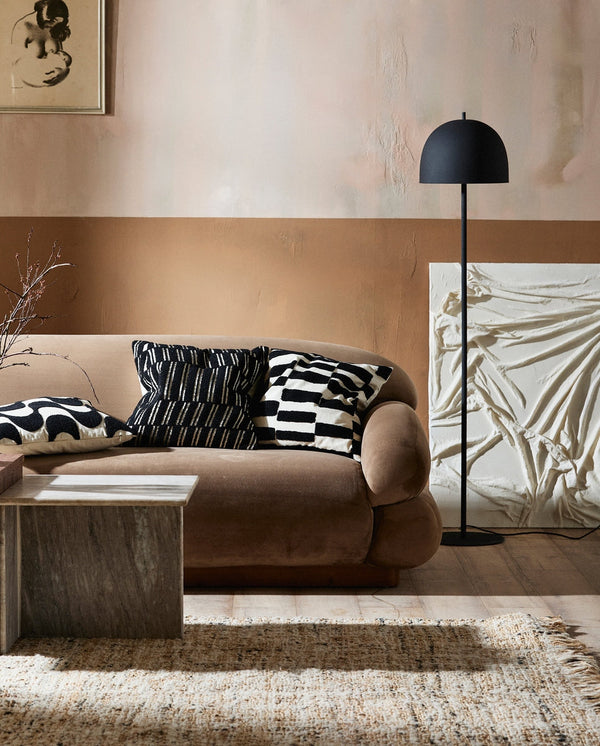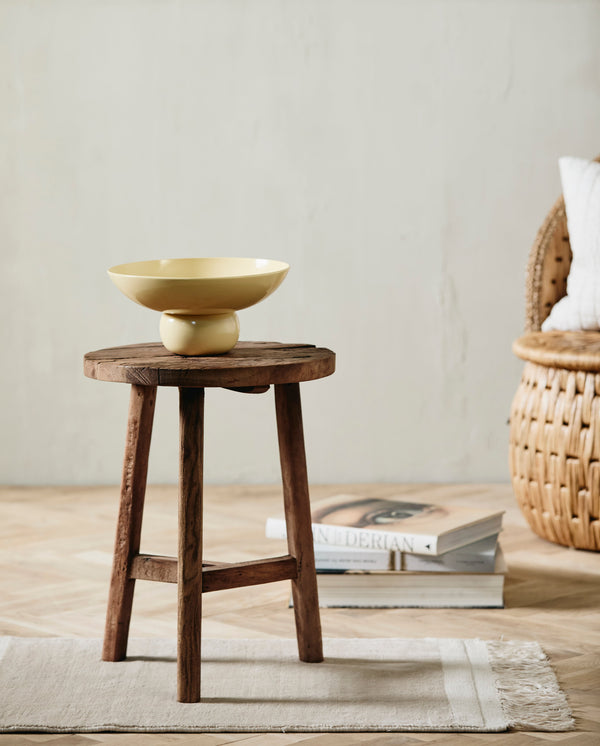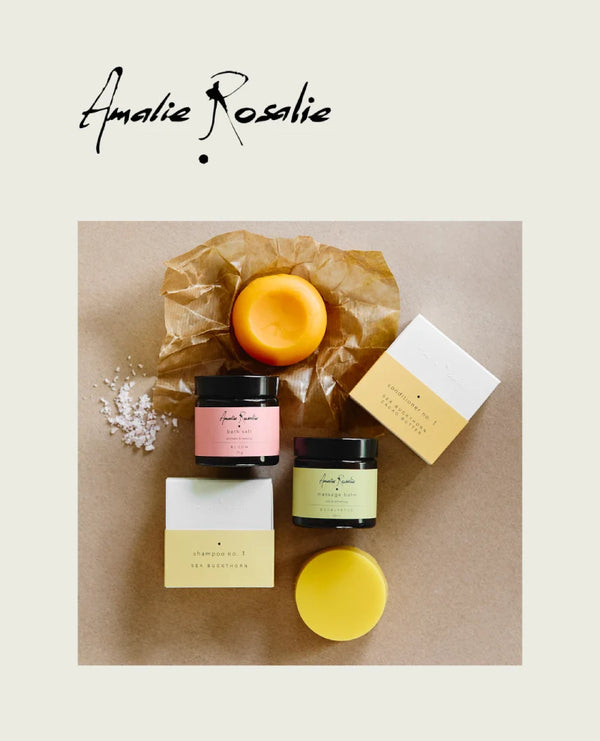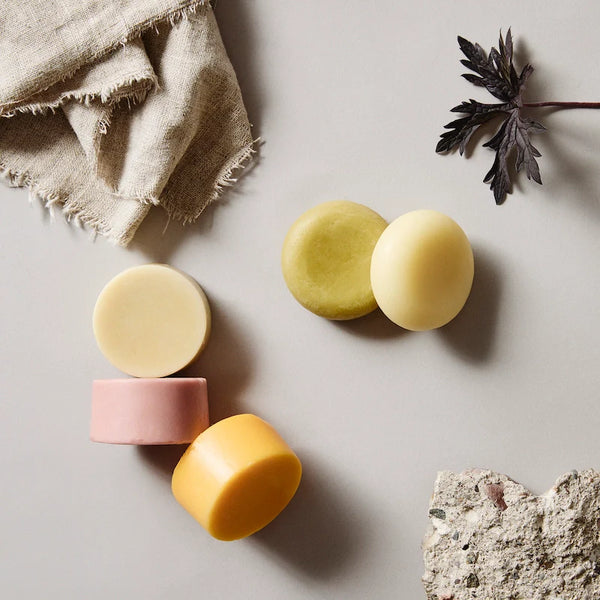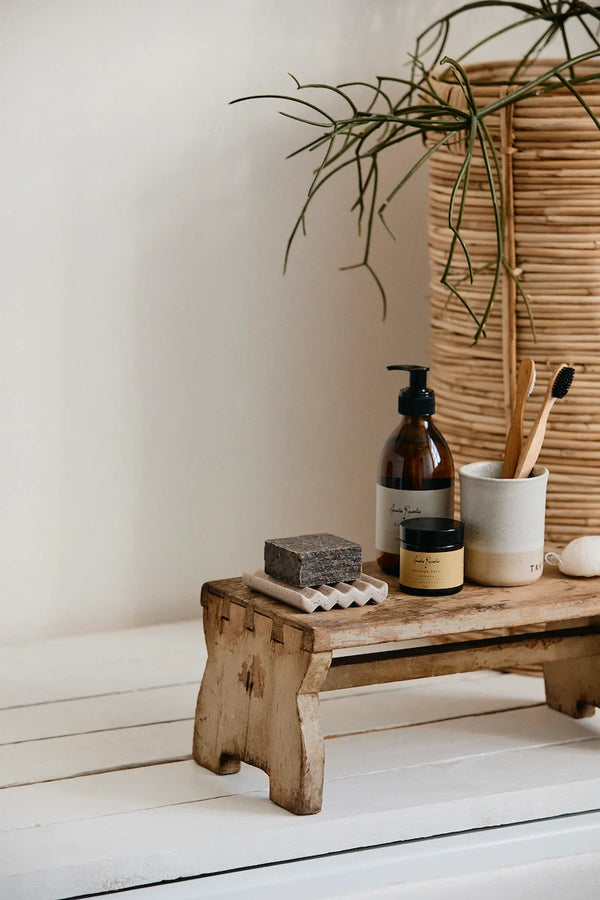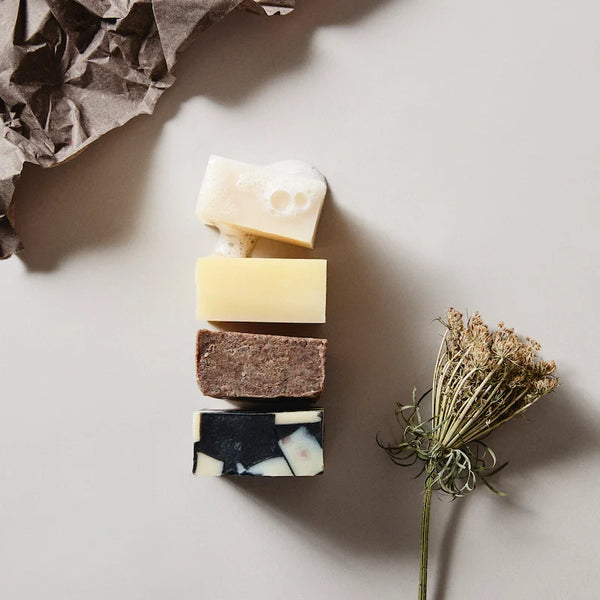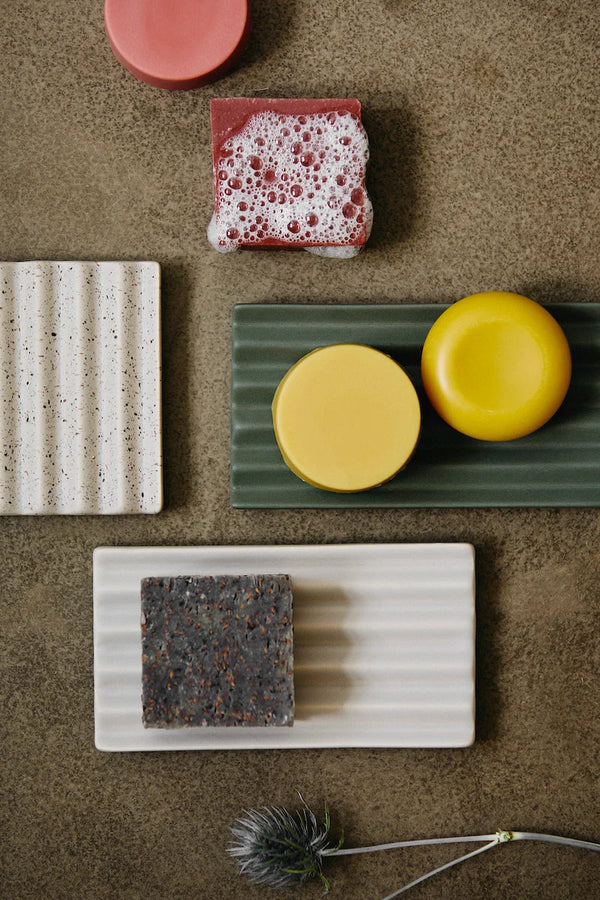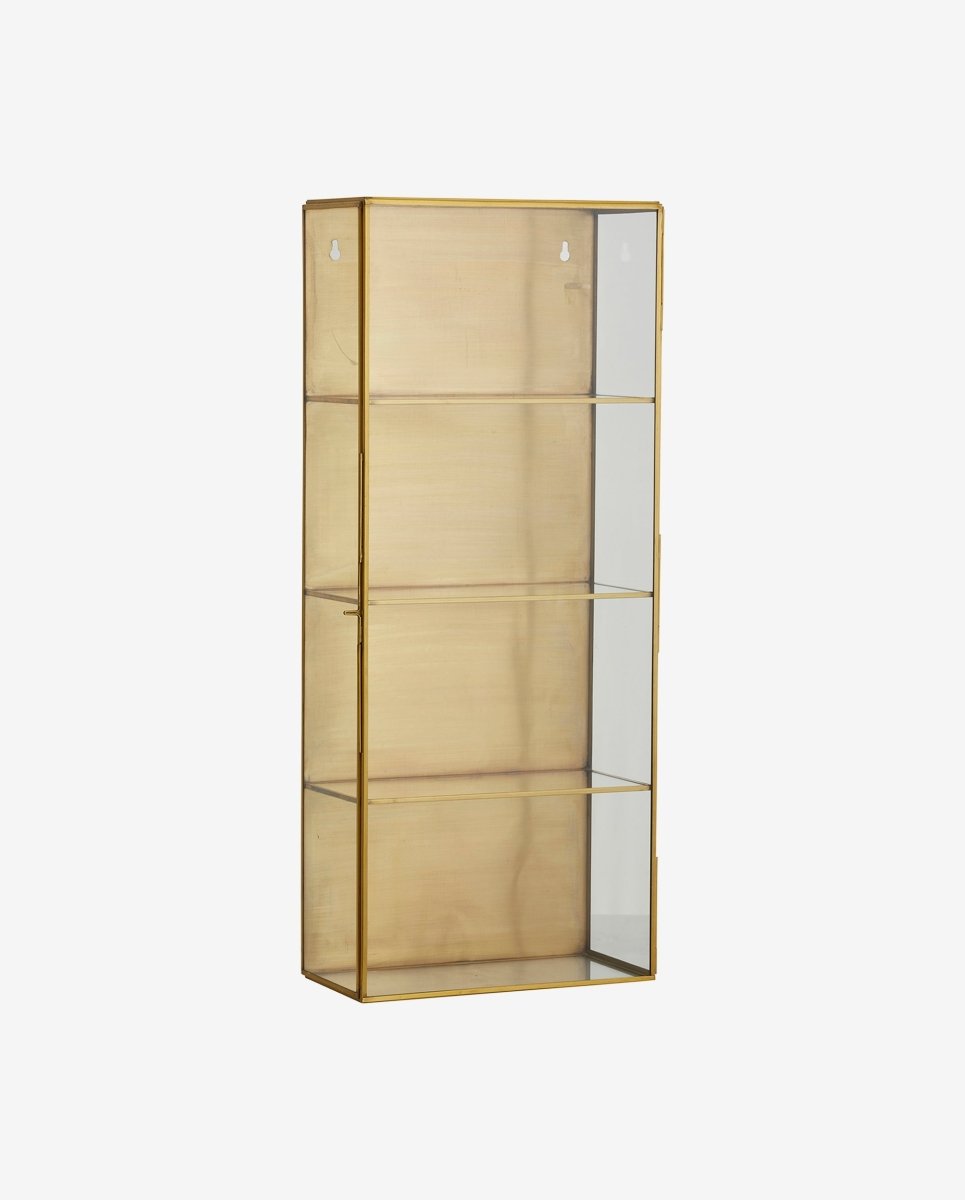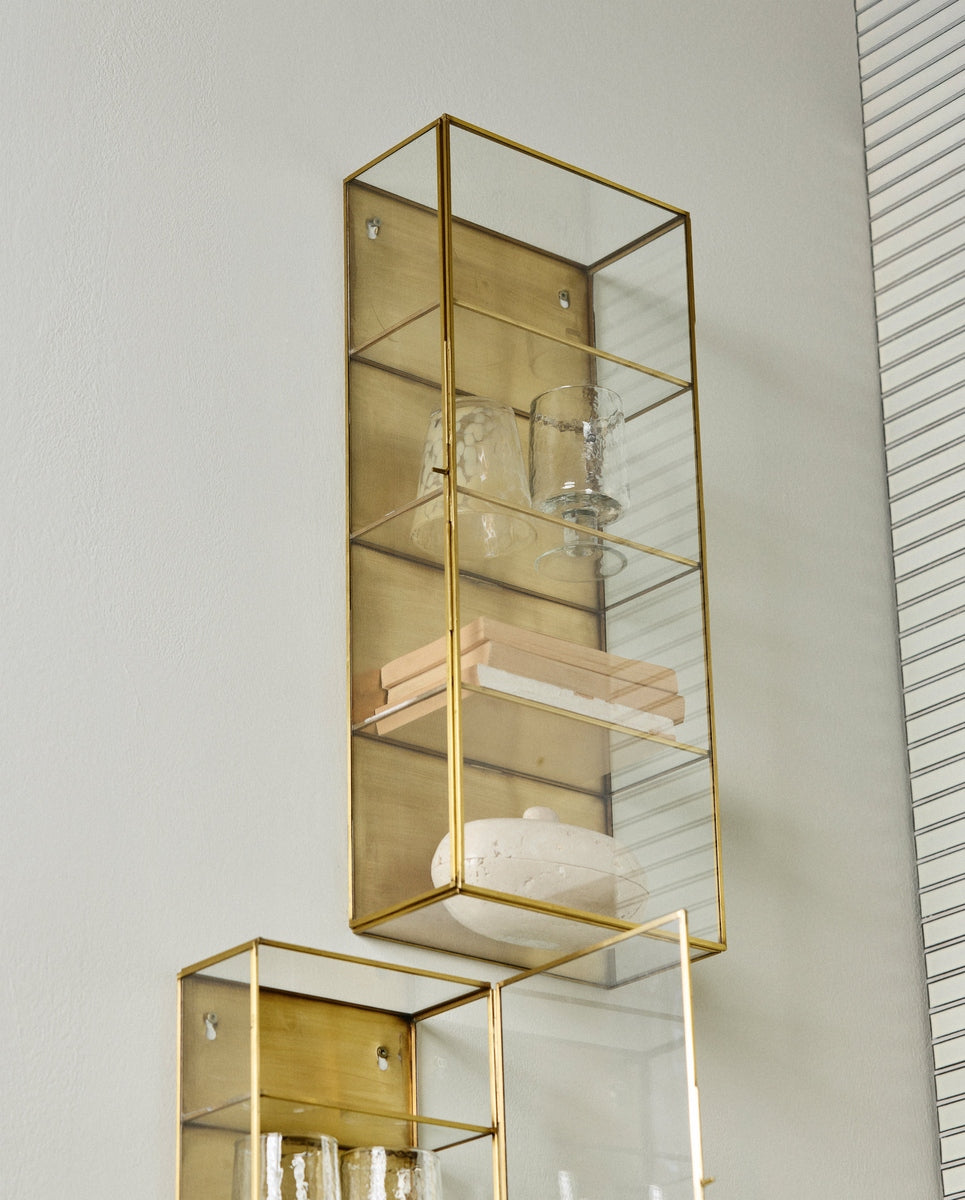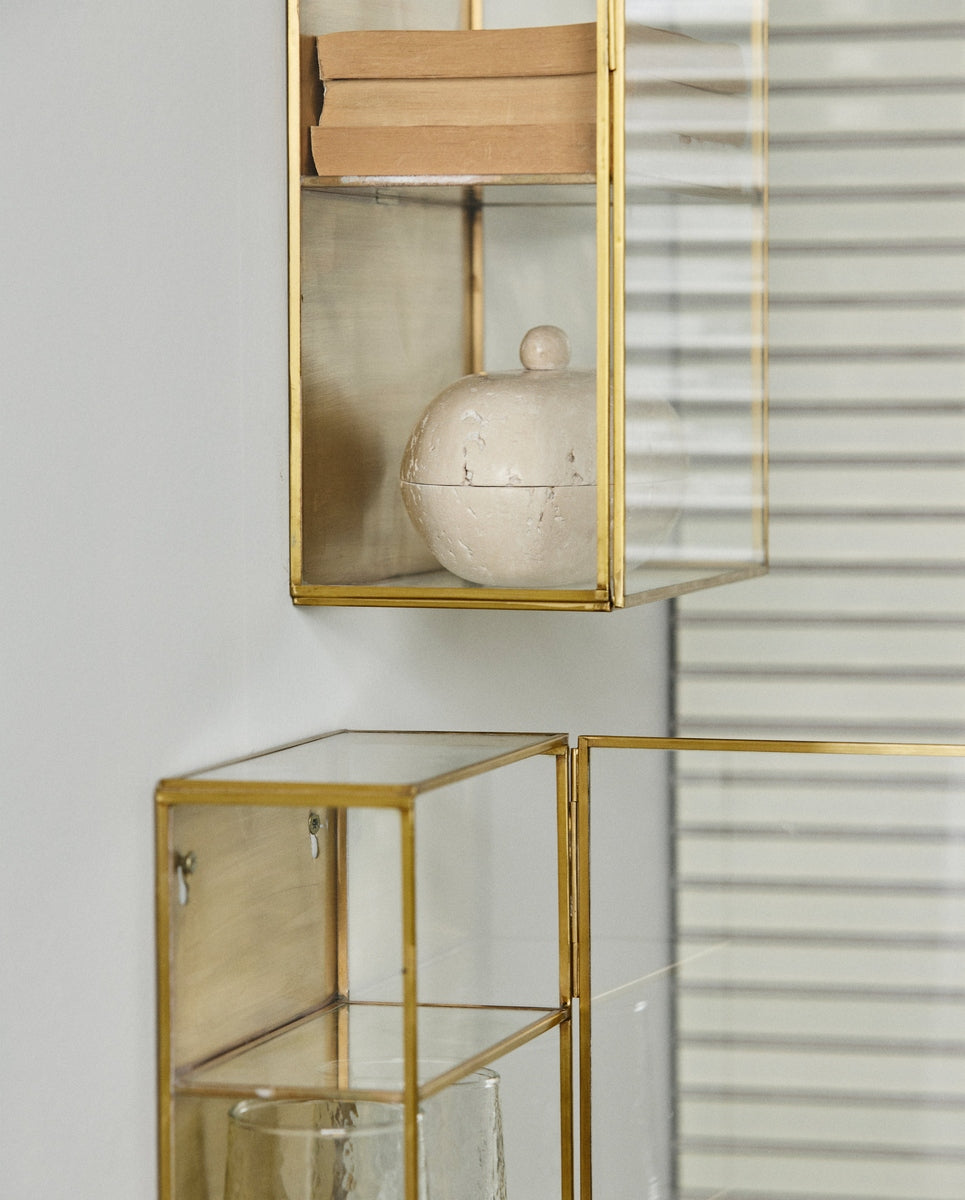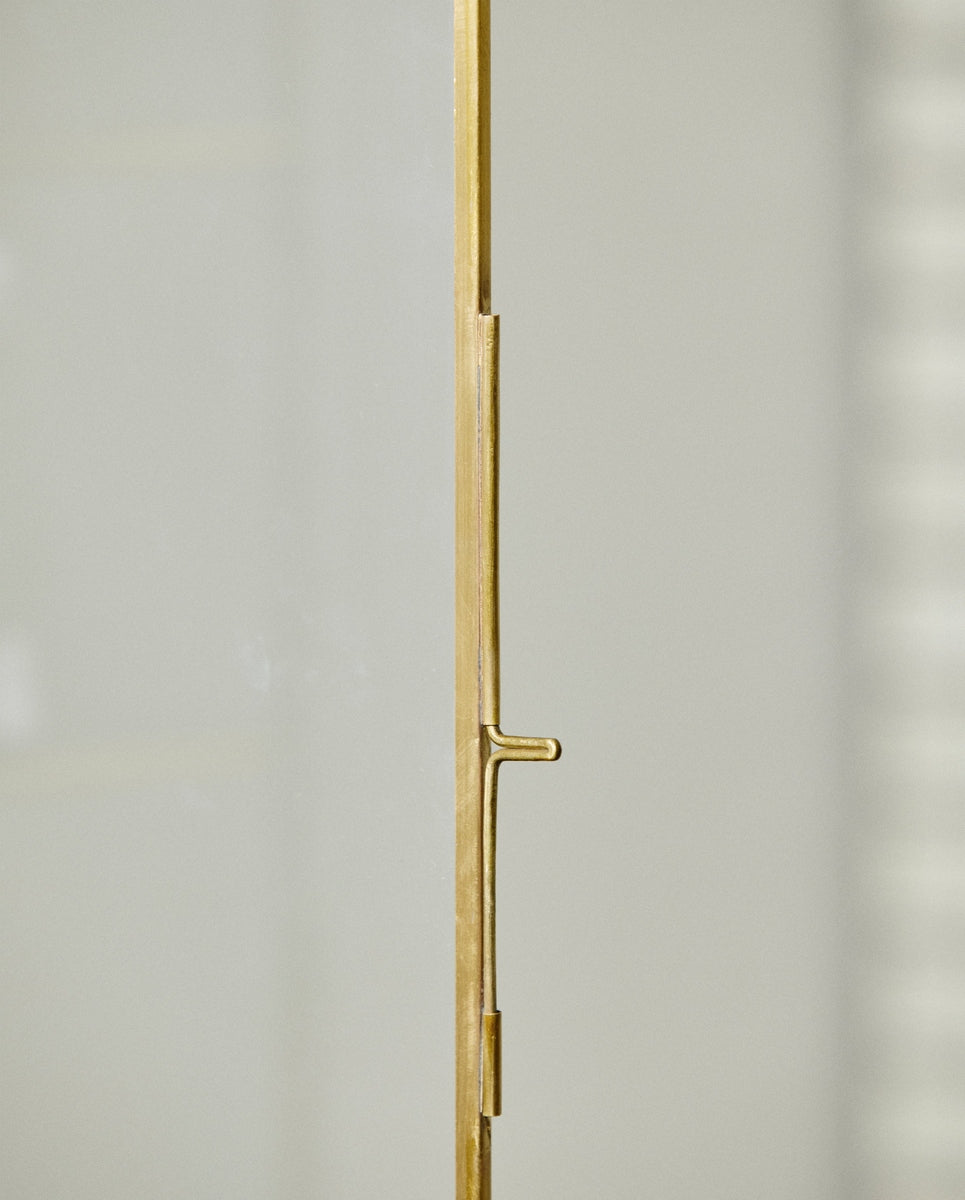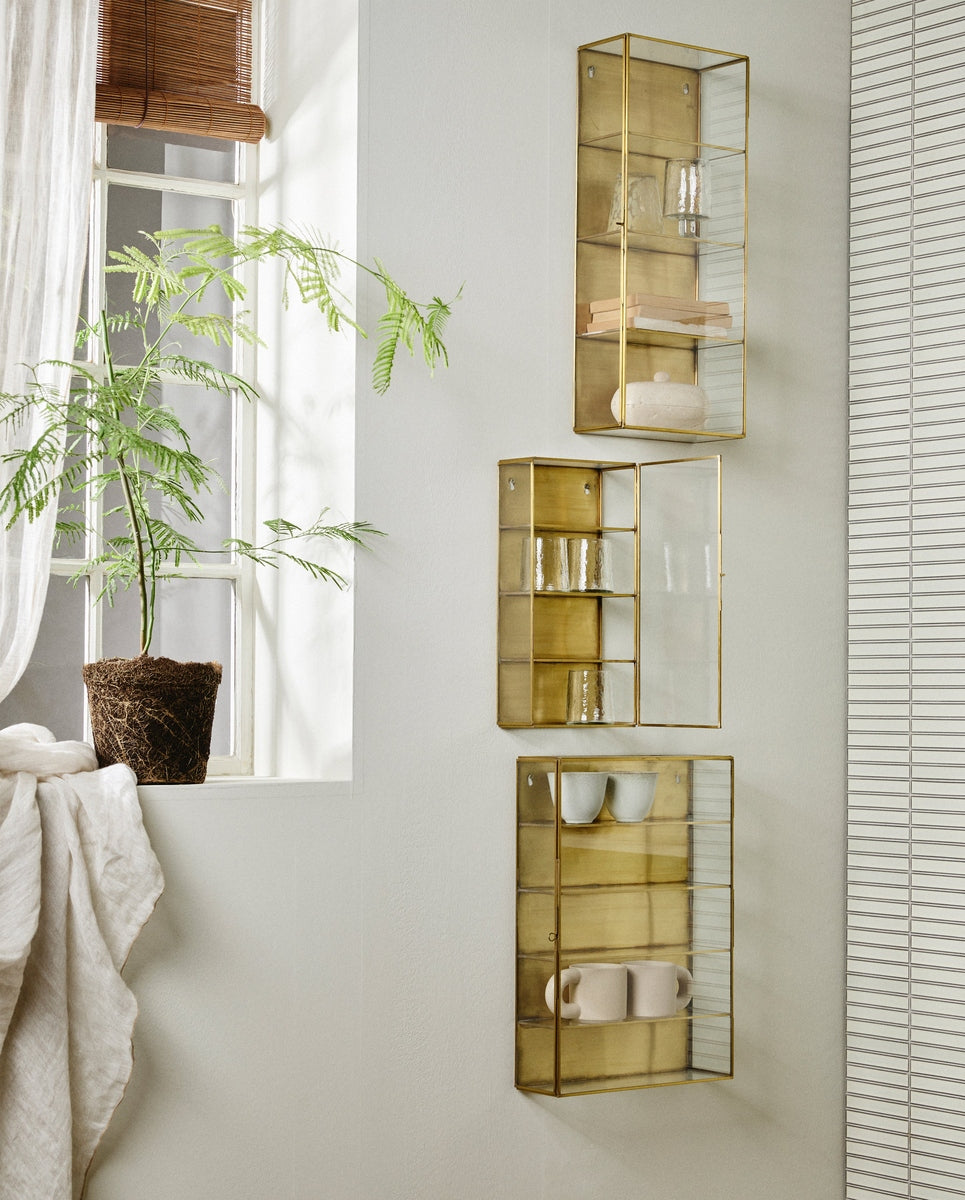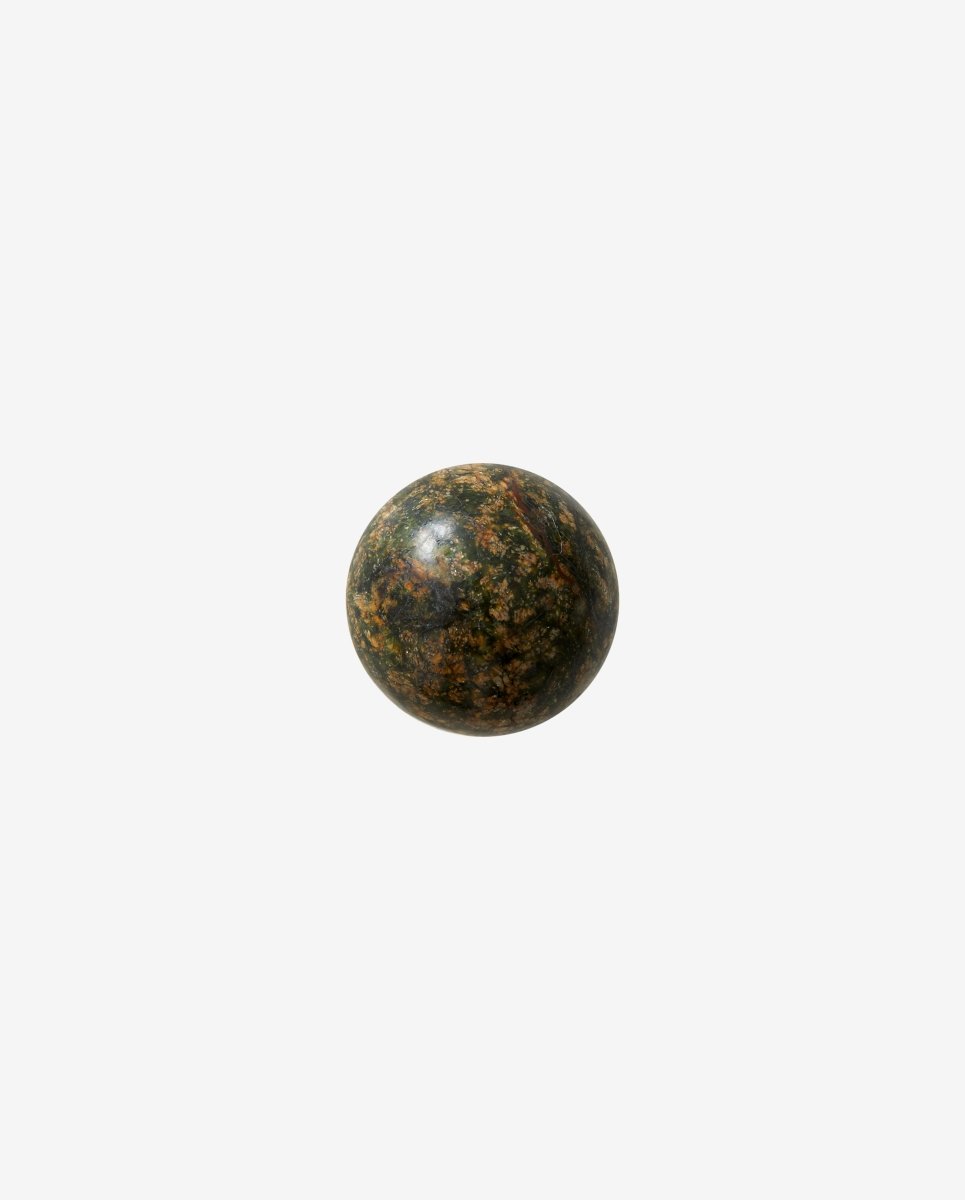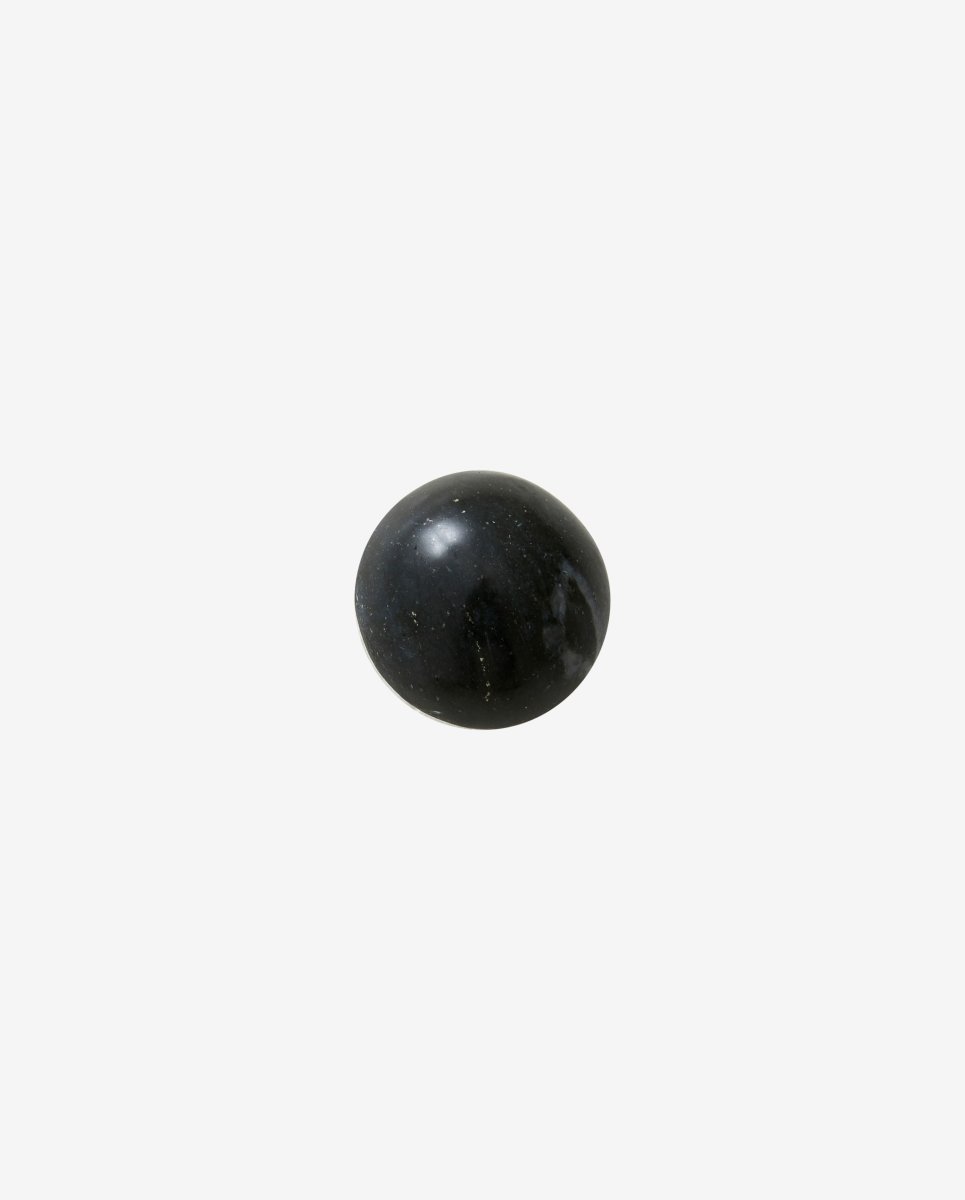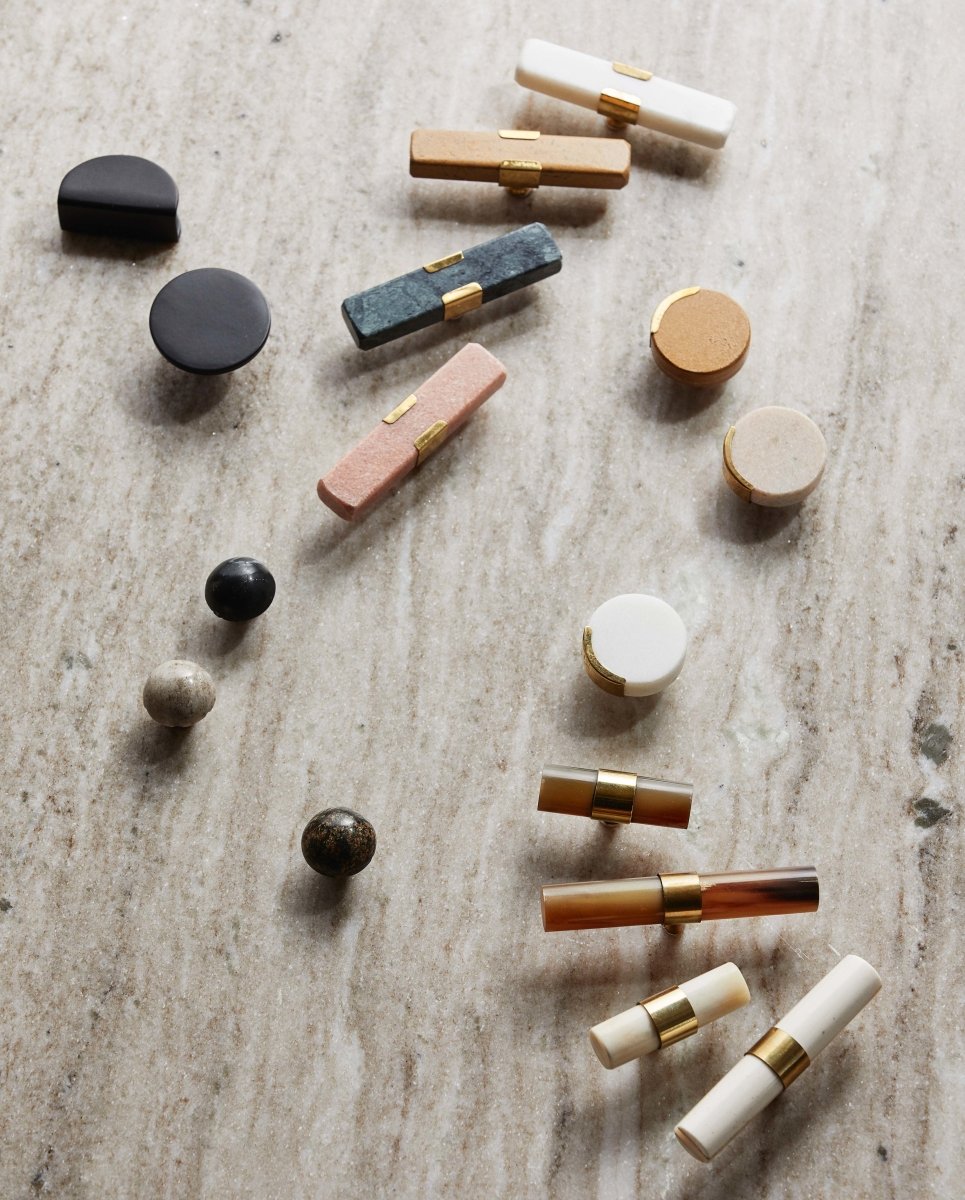THESE MAINTENANCE TIPS ARE GUIDELINES AND ARE USED AT YOUR OWN RISK
FURNITURE
LACQUERED WOODEN FURNITURE
- For daily care, use a clean soft cloth wrung out in lukewarm water. A mild detergent can be used.
- Difficult stains can be removed with benzine. Always wash afterwards with clean water and dry with a clean, dry cloth.
OIL TREATED WOODEN FURNITURE
- For daily care, use a clean soft cloth wrung out in lukewarm water. Avoid cleaning agents, as they draw fats out of the wood and make it dry.
- We recommend treatment with oil a few times a year - using a clean cloth, a sanding sponge etc. fine sandpaper and furniture oil. The furniture is cleaned and must then dry completely. Then lightly sand and apply the oil with a cloth or sponge. The oil must not be poured directly onto the furniture. Apply the oil along the grain of the wood and let it dry for a few hours. Dry if necessary. excess oil away.
TEXTILE FURNITURE
- General cleaning with a vacuum cleaner, with a soft brush at half power.
- Furniture fabrics are often impregnated, but this wears off with use. It is recommended to re-impregnate the fabric - we recommend doing this outdoors.
- Spilled liquids can be absorbed with a clean cloth and possibly further with a suitable stain remover.
LEATHER FURNITURE
- For regular cleaning, use a clean, soft cloth wrung out in lukewarm water.
- Leather furniture will eventually be bleached by sunlight. It may possibly be corrected by treating the entire leather surface with suitable leather grease.
TIP Vinegar can remove any odor in furniture and on surfaces, but this is done at your own risk. Vinegar must not be used on mosaic and stone surfaces.
TEXTILES
- TOWELS, TOWELS, TABLECLOTHS, BLANKETS, ETC.
- Always wash textiles before use.
- To achieve the best absorbency, soak new tea towels/towels in cold water overnight.
- Avoid using fabric softener, as it prevents optimal absorption.
- To avoid shrinkage, use a gentle wash. (Note that all textiles typically shrink up to 5%).
- Avoid detergent with bleach on dark textiles.
- Avoid tumble dryers to avoid shrinkage and warping of the fabric.
- Do not expose colored textiles to sunlight for a long time, as it will eventually bleach.
- Stains on carpets; sprinkle with potato flour and vacuum the next day. Repeat the treatment if necessary.
LEATHER
- Never wash your lambskin in the washing machine.
- Wash the hide by hand using the suds from a wool soap (must contain lanolin), then clean the soap off the hide with a damp cloth (it must be rinsed and wringed many times) and shake off the excess water.
- Shake your lambskin regularly.
- Air your lambskin often and preferably in frosty weather. - Vacuum the leather at regular intervals.
CUTLERY
PREVENT AIRCRAFT RUST
- We recommend that you do not wash your cheese grater, garlic press, egg parts and grater in your dishwasher. These contain iron particles, which can cause fly rust on your cutlery.
- Check for cracks and rust on the baskets in the dishwasher - which can also emit iron particles, which can cause fly rust on your cutlery.
- Formed rust can be rubbed off with a steel sponge or with steel cleaner – be aware that the steel sponge can scratch the surface of the cutlery. Fill the dishwasher with citric acid and wash the rust-affected cutlery in normal water. program. Buy a suitable anti-rust agent, e.g. autosol, at a retailer of cutlery or an appliance store.
- Wipe damp cutlery before putting it back in the drawers.
GLASS
PREVENT GLASS PEST
- Maintain a correct dosage of washing-up liquid and rinse aid in the dishwasher.
- Maintain the salt stock in your dishwasher.
- Recommended washing of glass at a temperature below 55°C.
- Open your dishwasher as soon as it is finished and release the steam which can have an effect on your glasses.
- Wipe your damp glasses before putting them in place.
- If your glasses have glass blight, try putting the glass in vinegar water or citric acid overnight. Remember to wash them thoroughly afterwards.
THERMODUCTS
TIPS FOR CLEANING
- Add 1-2 tbsp. baking powder in the thermos. Fill the thermos with boiling water and leave it with the water, preferably overnight (the lid must not be put on, as the glass in the thermos can break) Then rinse the thermos with clean water several times and one round of boiling water.
CAST IRON (KITCHEN)
- Cast iron is suitable for frying and cooking food at high temperatures.
- Cast iron must be cleaned properly to maintain its durability and good properties. - Never clean your cast iron pan with soap.
- Clean cast iron with a dish brush and warm water. Dry the pan completely before putting it away.
- If you lubricate cast iron with cooking oil regularly, you avoid rust and maintain a nice appearance.
- If your cast iron pan has become rusty - it can be cleaned with a scourer -/ or steel sponge. After this, it is recommended to coat it in cooking oil.
CUTTING BOARDS
- Oil your cutting board once in a while. Preferably use a grapeseed oil, as it does not go rancid over time.
- Do not use olive oil as it has a strong smell and only use oils intended for consumption/food.
- The oiling must be done on a completely dry cutting board. Let it dry and dry if necessary. excess oil off.
CANDLE LIGHT
A LIGHTED CANDLE SHOULD ALWAYS BE SUPERVISED. - KEEP LIGHTED CANDLES AWAY FROM CHILDREN AND ANIMALS.
- We recommend that the wick is max. 1 cm to reduce soot emission.
- If the block light burns out to the edge before it is extinguished the first time, the burning time is extended.
- Never place burning candles close to flammable materials.
- Always place candles on a stable surface and always use a stand or holder.
- Never place burning candles in a draft or near heat






